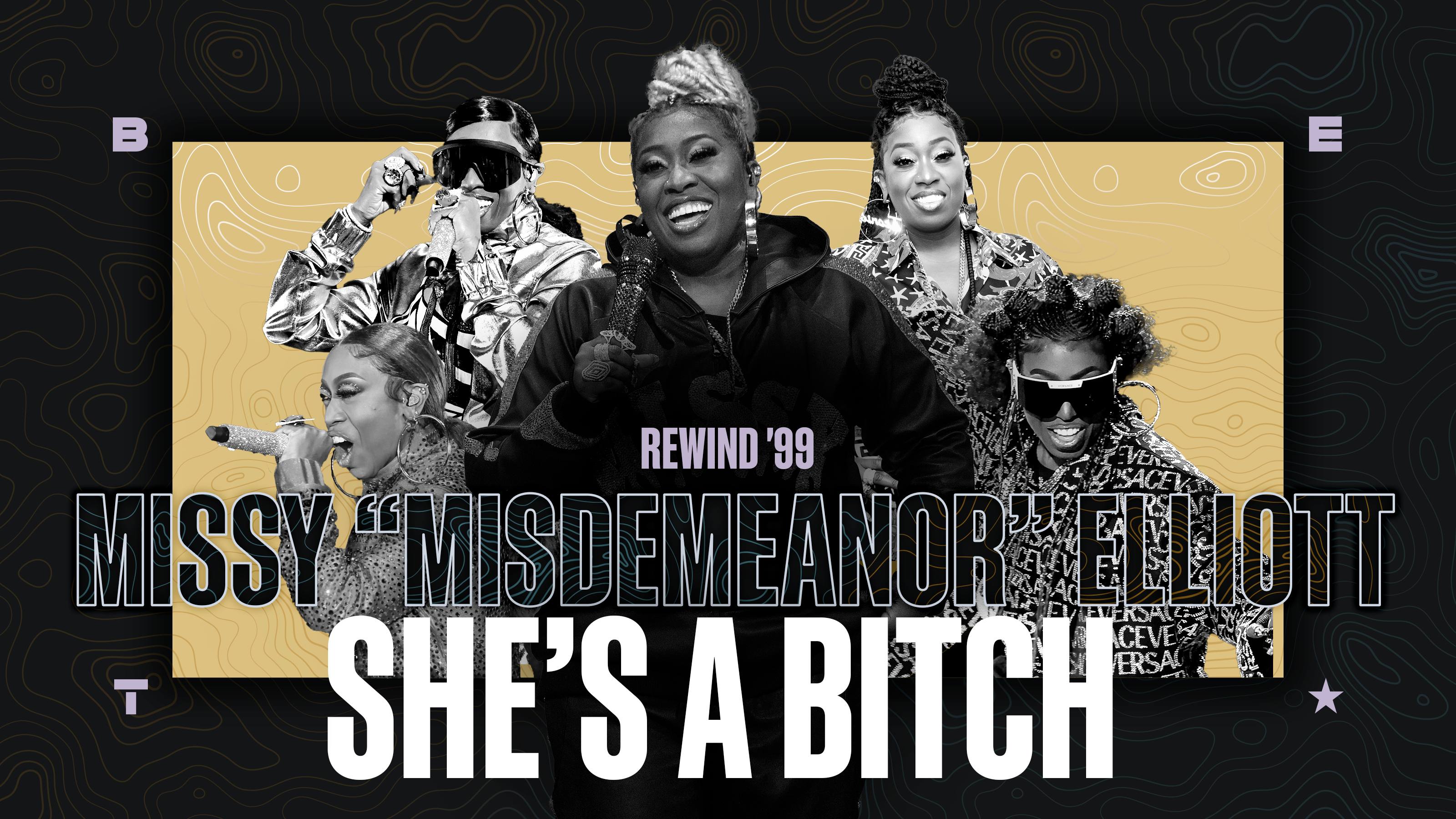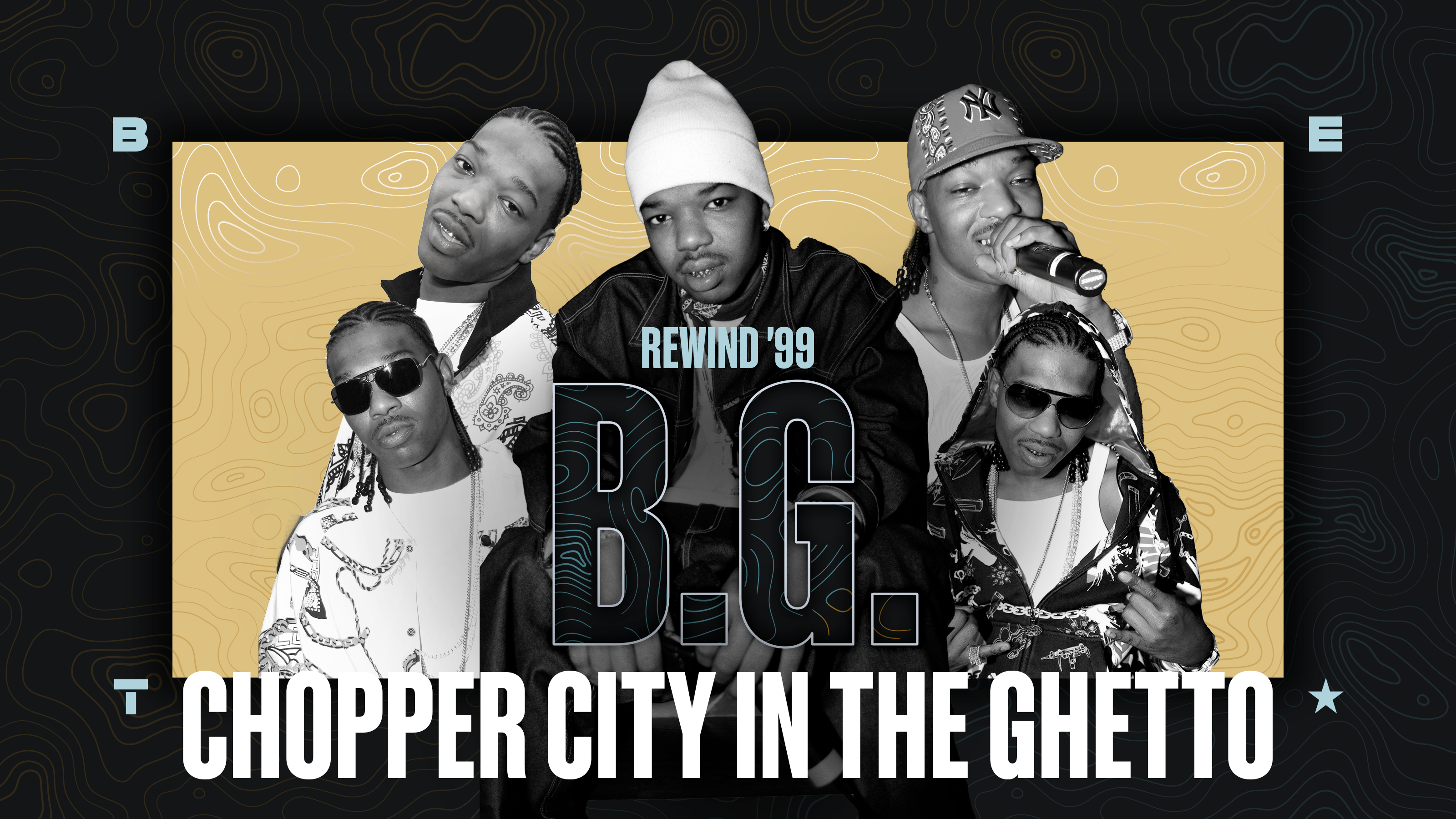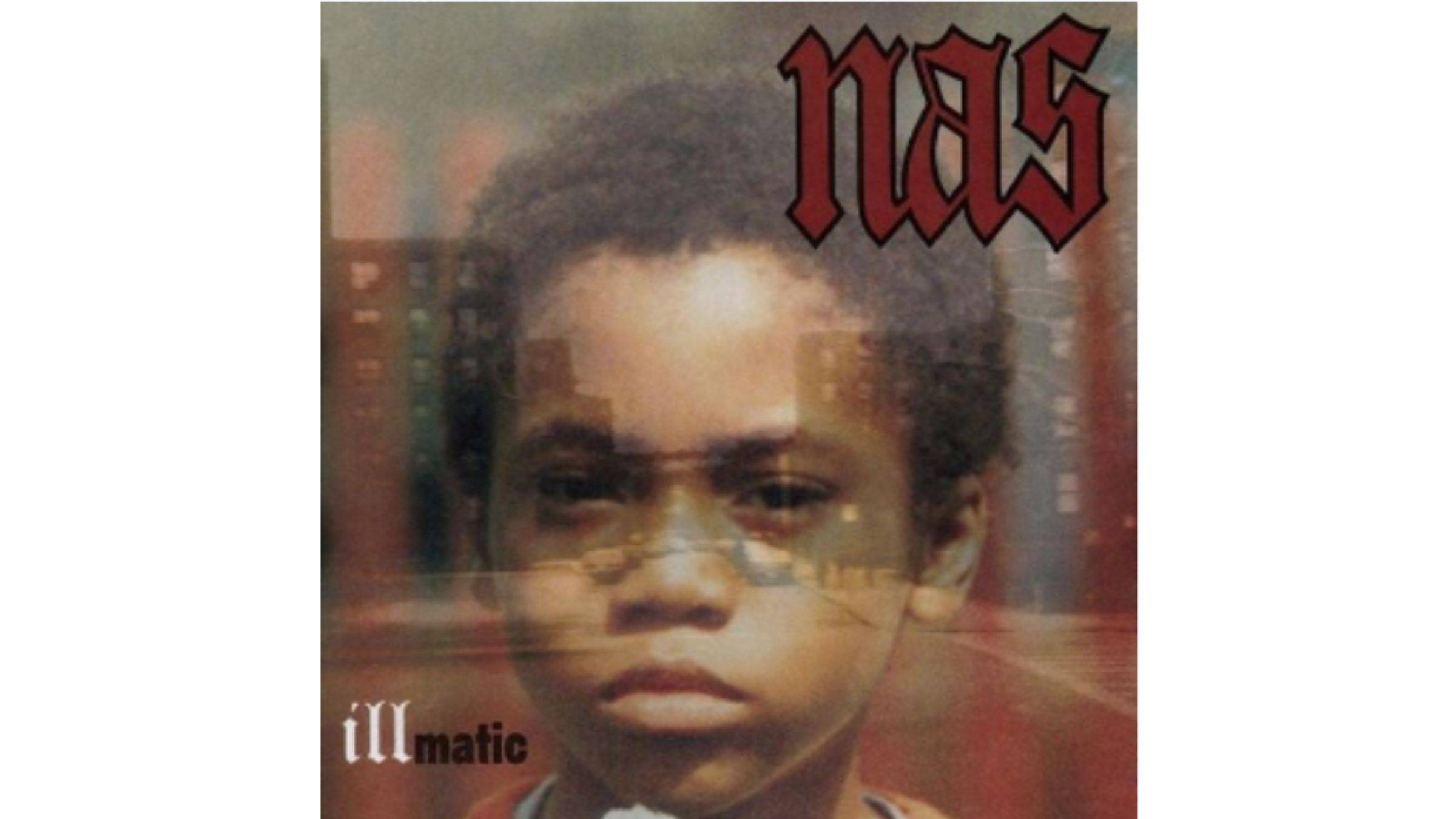Most Blacks Could Retire in Poverty, Experts Warn
Experts warn that most Blacks could retire in poverty even though there's a growing middle class.
Nov. 8, 2007 – The president of a Black-owned mutual fund investment company tells BET.com the financial future for Blacks is bleak if current trends continue.
:: AD ::
Mellody Hobson, president of Chicago-based Ariel Mutual Funds, warned the situation would turn “dire,” if Blacks don’t do a better job preparing for their long-term financial future.
Recently, Hobson and other financial experts talked about the problems -- and possible solutions -- during a Black investment summit held at NASDAQ’s financial headquarters in New York
According to an annual survey of Black investment patterns, African-Americans continue to save money at a rate far less than whites.
The survey, conducted by Ariel Mutual Funds and the Charles Schwab Corporation, also revealed of Blacks and Whites earning more than $50,000 annually, the median amount of money saved by Blacks surveyed is less than half of their White counterparts ($48,000 versus $100,000).
On a monthly basis, median savings is $182 for Blacks versus $261 for Whites.
In an interview with BET.com, Hobson said she’s very concerned about the financial health of Blacks. “The consequences are dire; and we would retire into poverty and that’s the whole story.” Hobson added, “we would have worked all these years to break into the middle and upper class and find ourselves retiring into poverty.”
This year, Ariel and Schwab also conducted a first-of-its-kind survey of middle and upper income Black and White retirees to assess their investing behavior and how well they prepared for retirement.
The survey shows that retired Blacks have median savings of just $73,000 compared to $210,000 for Whites.
Blacks, on average, also retired earlier than Whites (59 vs. 61) and are more likely to be relying on a pension or Social Security rather than a defined contribution plan, such as a 401(k) plan.
Hobson said investing must become a part of African American culture. She believes barriers to enter the financial markets are few to non-existent.
Hobson says all that’s needed to get started breaks down to saving less than $2 a day “for as little as $50 a month, so that shouldn’t be the reason why people aren’t saving and investing.”
Go to the next page to read about proposed solutions.
:: NEW PAGE ::
PROPOSED SOLUTIONS
At the first ever Ariel Mutual Fund and Charles Schwab Corporation Black Investor Summit, the companies released a “Black Paper,” a decade of research about African American wealth building and retirement planning.
:: AD ::
The research document also included an open letter to the financial services industry, government policymakers, employers and community leaders and a two-part Call to Action.
1. Educate Our Youth
One of the most effective ways to eliminate the investment gap and
savings gap in this country is to address the issues before they become
a problem. Whether in public school classrooms or through community based programs, educating America’s youth about basic money management including saving and investing should be a top priority.
The ideal solution would be required financial education within the
school system throughout all 12 years. A mandated financial literacy
exam would help assure America’s children are equipped with a basic
set of financial skills to make smart, informed choices
organizations to teach children the financial decision-making skills
necessary to secure their future. Private enterprise has a critical stake
here, since most of today’s school-aged children will not grow up and
work for an employer who offers a pension (defined benefit plan) and
instead will carry the responsibility for building their own financial security
largely through defined-contribution workplace retirement plans.
Following are two examples of ways in which companies have had a
significant impact on increasing financial literacy.
2. Amplify Workplace Education
Employers today have both a greater opportunity and a greater
responsibility to provide employees with access to suitable retirement
investment vehicles and to educate them about how to plan for a
successful retirement. The Pension Protection Act’s sanctioning of
automatic enrollment as a tool to help employers increase 401(k) plan
participation will help many employees begin to save for retirement who
might otherwise have sat on the sidelines.
For more information about the Black Investor Summit, Ariel-Schwab Black Paper and the 2007 Ariel-Schwab Black Investor Survey, go to the Ariel Mutual Funds site.





